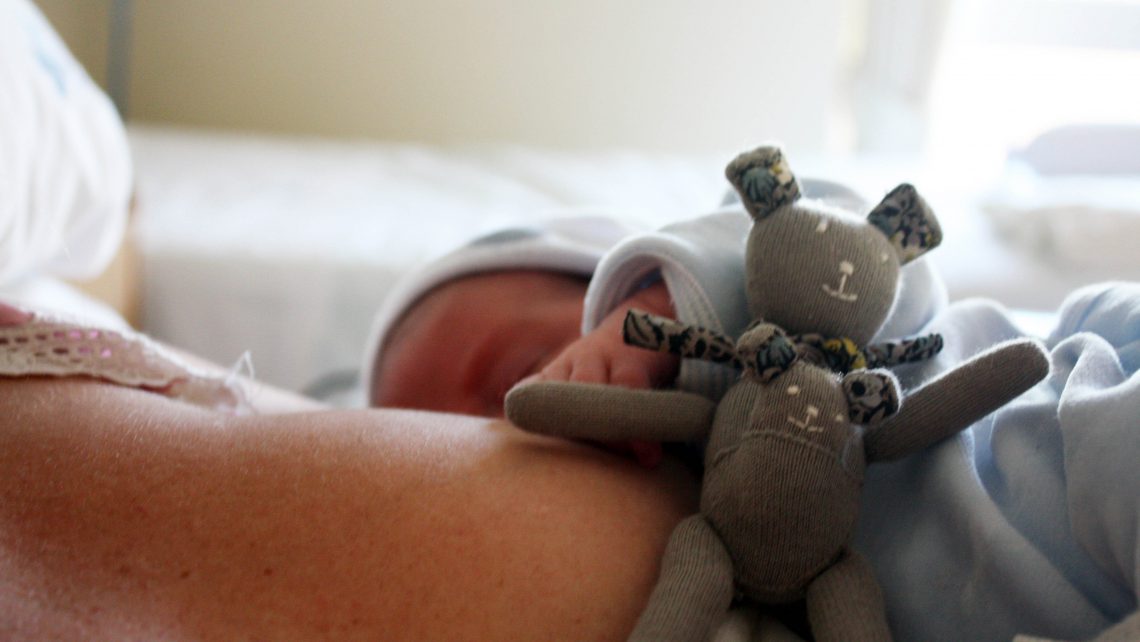
Egg Donation, solidarity and life
Solidarity can be carried out in very different areas of life and society: supporting initiatives of NGOs or associations, or dedicating some of our time to community service in our neighbourhood or town or simply carrying out daily routines to improve the lives of those around us. It is basically making a gesture or devoting some of our time to make a little effort towards others.
In the field of reproductive medicine it is also possible to implement solidarity and help others, and one example is egg donation. Healthy oocytes are essential for conception, but sometimes and for reasons such as maternal age, inherited diseases or previous surgery, the ovary loses the ability to produce them, so it is necessary to resort to egg donation.
It is at this point where the donor and recipient are connected, anonymous one to the other throughout the process but closely linked to it. Two women are key parts of egg donation and whose lives intersect at a crucial moment: achieving motherhood thanks to the generosity of another woman.
Índice
The egg donation process: how to become a donor
There are many women who want to help others in achieving the dream of being mothers. There are supportive women who freely and selflessly donate their eggs with the aim of helping other women. His interest and willingness to be egg donors are key, obviously, but to actually become one they must go through a thorough evaluation.
How is the egg donation process done?
How to become a donor? First, a personal interview is conducted to carry out a psychological evaluation. Afterwards, an evaluation of personal and family medical history and a physical and gynaecological exam is done to check the good health of the potential donor. Once this is done, genetic and chromosomal studies, a detailed general analysis and consideration of Cytomegalovirus (CMV) are performed. This is, as they say from Instituto Bernabeu of Alicante, “a very strict process in order to ensure maximum suitability and safety of the procedure”.
Once it is determined that a woman is suitable to be an egg donor and successfully overcomes this whole process described, we start performing ovarian stimulation to achieve an adequate number of eggs with the highest quality. Later, and at the right time, the resulting eggs will be collected in an operating room.
Receiving donor eggs
When a woman or a couple need healthy eggs to achieve pregnancy, all scientific, professional and departmental IB mechanism is put in place to achieve the best chance of success. It is the other part of the process of egg donation: the recipient woman. That team of specialists seek the greatest compatibility in the medical and physical traits aspects, so that is allocated exclusively one donor per recipient woman “allowing better quality and higher number of eggs for donation”.
After the first visit, in which the specialist solves any doubts and questions, the best personalized treatment is designed. The process begins with the preparation of the endometrial cavity of the future mother to receive the embryo, to achieve implantation and thus reach pregnancy. In parallel, the male provides a semen sample that will join in the laboratory with the donor egg collected thanks to the techniques of In Vitro Fertilization or ICSI. The embryos resulting from the fertilization begin their growth in incubators and a few days later, the embryo transfer will take place, the treatment reaches its climax, which consists in transferring the embryo to the place where definitely will develop: the womb. About two weeks later a blood test will confirm or not the pregnancy.
Egg donation at present
For all that, egg donation is currently the technique that offers the best pregnancy rates. Moreover, according to data from the Spanish Fertility Society, the use of this technique has experienced in recent years a surprising increase. While 2,939 cycles with donor eggs were conducted in 2002 (the last year of registration of the SEF) in 2012 the figure had tripled: 9,383. This increase, places egg donation as an increasingly demanded solution to thousands of women and couples reproductive difficulties.
This process, detailed and full of enthusiasm, and has its culmination in the birth of a child, begins at the moment when a woman decides to help another in his desire to be a mother. A supportive and generous step that unites in a common goal: create life.
